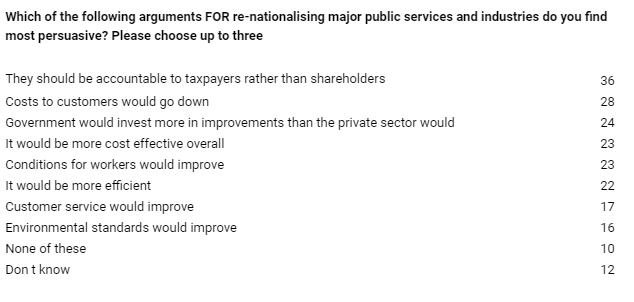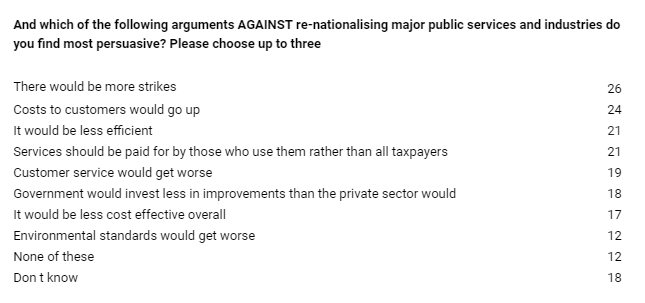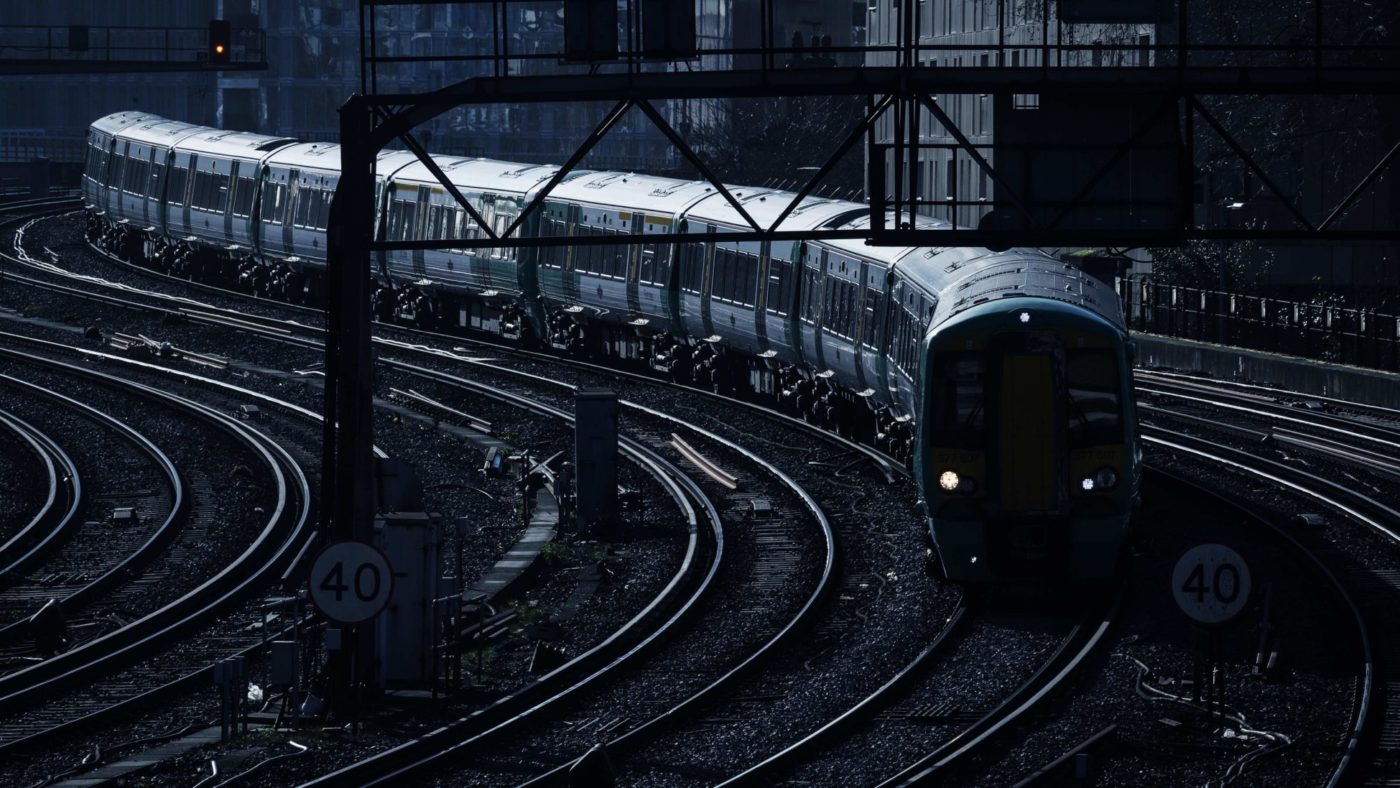Polling very often focusses on short-term newsflow, and given how it is consumed that is no great surprise. But many questions are more fundamental in nature.
The first Number Cruncher/CapX Battle of Ideas polling series probed public opinion on a series of important debates,from ideology to business, protectionism, taxation and localism. Today we begin a second series delving deeper into some of these questions.
Among the biggest (and arguably the biggest) shifts in economic policy in Britain after 1945 were the nationalisations of the immediate postwar years and the privatisations of the 1980s. Accordingly, they were high on the political radar at the time. The 1987 British Election Study asked eight questions on the subject, compared with just two in 2017.
The change in emphasis is understandable – it reflects the change in politics. But as with ideological debates more broadly, just because an issue is settled at a given moment, it does not mean that it is settled permanently.
So where does the public stand on the renationalisation debate in 2019? We know from earlier polling that it’s popular, particularly for things like railways and utilities. But what we wanted to know was why, in the minds of voters, taking major services and industries into public ownership (again) would be a good or a bad idea.
From a list of eight options, of which respondents could choose up to three, the most persuasive argument for nationalisation was accountability to taxpayers rather than shareholders. Thirty-six per cent selected that answer, with little variation by party (although it was more popular among older respondents).
After that came “costs to customers would go down” on 28 per cent, followed by four arguments (on costs to customers, investment, cost effectiveness and working conditions) all on 22 to 24 per cent. Customer service and environmental standards brought up the rear, but one in six found them persuasive.

How about arguments against public ownership? On this side there was no clear winner, but the most popular response, chosen by 26 per cent, was concern that “there would be more strikes”. As with most of the arguments, there wasn’t much difference between age groups, with those old enough to remember the industrial unrest of the 1970s giving similar answers to those who weren’t.
It’s interesting to note that besides the top choices on each side, several arguments that many found persuasive in favour of nationalisation were almost equally persuasive to others against it. Twenty-four per cent worried that “costs to consumers would go up” and 21 per cent should the public sector would be less efficient than the private sector.
The same percentage feeling that “services should be paid for by those who use them rather than all taxpayers”. And the quality of customer service (19 per cent) was slightly more persuasive as an argument against nationalisation than for it.

We also examined where the public stood on the matter of who would decide what the government would pay for assets being nationalised. Shadow Chancellor John McDonnell suggested last year that Parliament would determine the price of .
However, the electorate disagrees. When asked eligible voters who should set the price of a company being nationalised, 20 per cent said the government (rising only to 24 per cent of 2017 Labour voters) and 16 per cent said the company’s owners.
The majority (52 per cent) said that both buyer and seller should agree to a price, otherwise it should not change hands. This included majorities of every party’s 2017 voters (including 61 per cent of Tories), with only non-voters expressing plurality rather than majority support for this answer.
Returning to the for/against arguments, perhaps the most interesting finding was that overwhelming majority of respondents were persuaded by at least one argument on each side. Only one in ten were left unpersuaded by any of the arguments for nationalisation, and only one in eight weren’t persuaded by any of the arguments against it.
As such, one the key ideological battlegrounds of the twentieth century is marked out once again in the twenty-first. The debate around public versus private ownership has been rather low on the agenda in recent decades. But expect it to make a comeback the closer Britain gets to an election, with nationalisation very much on the ballot paper.


